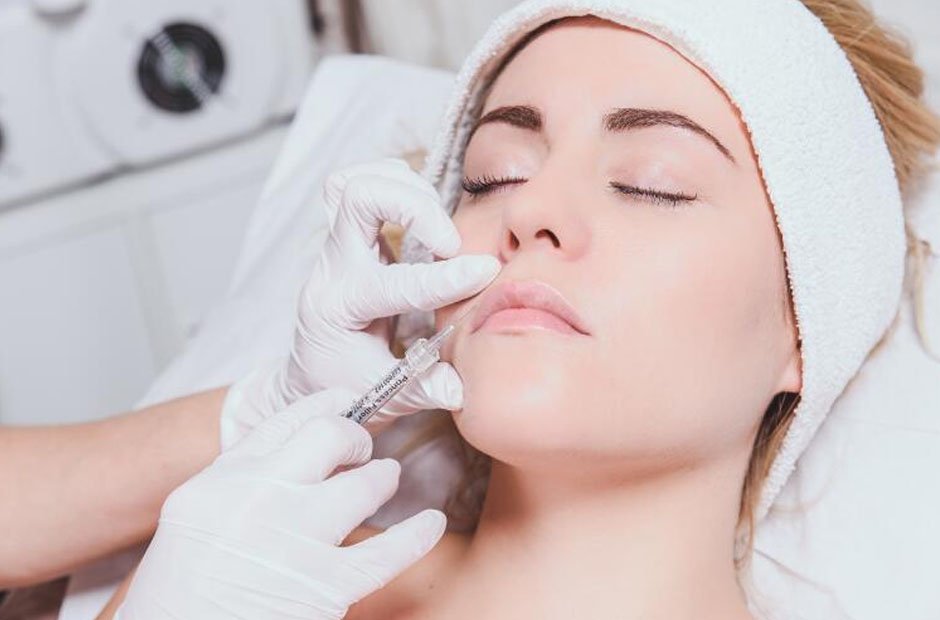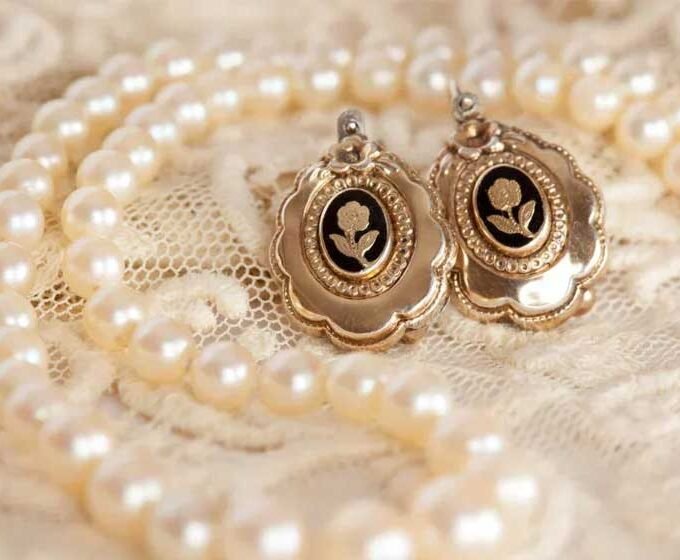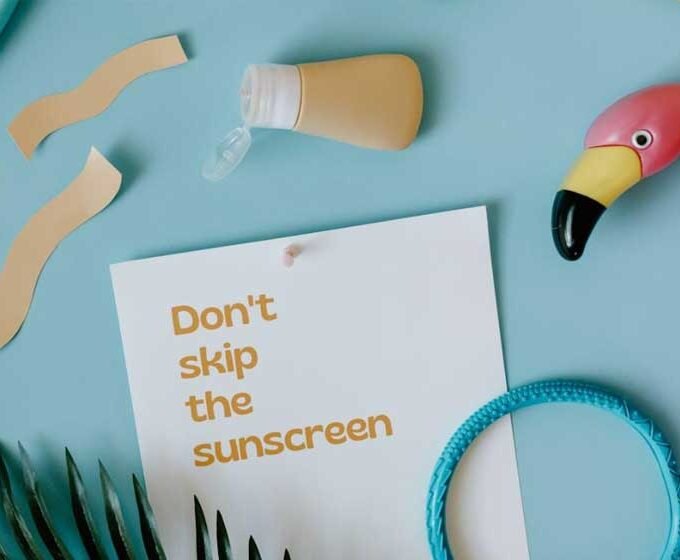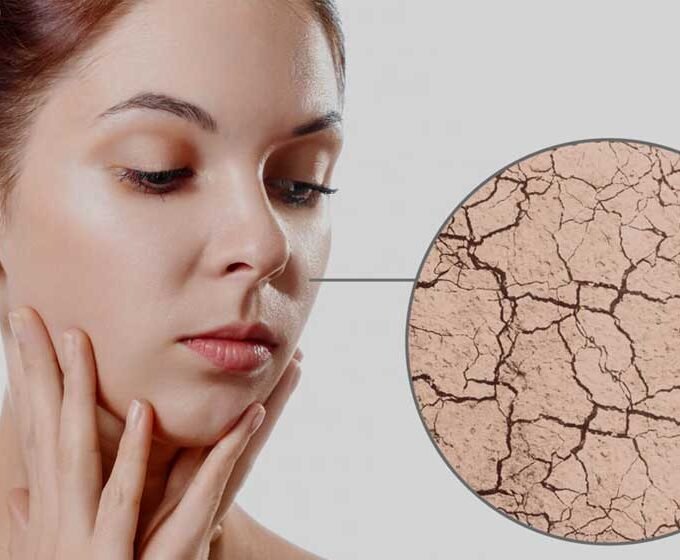In the city of Tampa, where sunny days and a thriving social scene often take center stage, the quest for beauty and self-esteem holds a special place in the hearts of its residents. Tampa Bay’s diverse and dynamic community knows that feeling good in your own skin is not just a luxury; it’s a way of life. Many individuals today turn to cosmetic procedures to enhance their physical appearance and, in turn, boost their self-esteem. This article will delve into the psychological aspects of beauty and how cosmetic procedures, like Botox Tampa, can impact one’s self-esteem.
The Quest for Beauty
The pursuit of beauty has been deeply ingrained in human history and culture for centuries. From ancient civilizations such as the Egyptians and Greeks, who celebrated physical aesthetics as a symbol of divine qualities, to contemporary society’s obsession with beauty ideals perpetuated by media and advertising, the quest for beauty remains a persistent theme.
Beauty standards have evolved over time, reflecting changing cultural values and societal norms. Today, the digital sphere has introduced a new dimension to this quest, with social media platforms influencing beauty perceptions and further shaping the understanding of what it means to be beautiful.
Beauty and Self-Esteem
The interplay between beauty and self-esteem is a complex and multifaceted relationship. Research has shown that individuals who perceive themselves as attractive often experience higher levels of self-esteem. This connection is not merely a superficial one; it runs deep into the psyche. When you feel beautiful or handsome, you are more likely to engage confidently in social interactions, take on challenges, and pursue your goals with vigor.
However, it’s crucial to recognize that the concept of beauty varies widely across cultures and individuals, and self-esteem should ideally stem from a holistic self-acceptance that goes beyond physical appearance.
The Confidence-Beauty Connection
The Confidence-Beauty Connection is a powerful psychological phenomenon that underscores the impact of physical appearance on self-assurance. Research has shown that when individuals feel attractive or perceive themselves as beautiful, they tend to exude more self-confidence. This newfound confidence can manifest in various ways, including improved social interactions, increased assertiveness in the workplace, and greater overall life satisfaction.
Moreover, studies have revealed that people who are confident in their appearance are often seen as more approachable and are frequently perceived as having better leadership qualities, which can lead to enhanced career opportunities and personal relationships. This reinforcing cycle of confidence and beauty underscores the profound psychological link between how folks perceive themselves physically and their overall self-esteem.
Cosmetic Procedures and Self-Esteem
Cosmetic procedures, such as Botox injections, have gained popularity as a means to enhance one’s appearance. Botox is a neurotoxin that temporarily paralyzes facial muscles, reducing the appearance of wrinkles and fine lines. While some critics argue that these procedures promote unrealistic beauty standards, others see them as a way to boost self-esteem.
Botox in Tampa has become a household name in the world of cosmetic procedures. It is often used to smooth wrinkles and achieve a more youthful appearance. What many people don’t realize is that Botox can also impact self-esteem positively. When individuals see a smoother, more youthful version of themselves in the mirror, it can lead to increased self-confidence.
The Science Behind Botox and Self-Esteem
The science behind Botox’s impact on self-esteem is intriguing. When Botox is administered, it relaxes the facial muscles responsible for creating wrinkles. As a result, individuals experience a reduction in the visibility of lines and wrinkles. This change in appearance can lead to increased self-esteem because people tend to feel better about themselves when they perceive their appearance as more youthful and refreshed.
Furthermore, there is a psychological phenomenon known as the “facial feedback hypothesis.” This theory suggests that facial expressions can influence emotions. When Botox prevents certain facial muscles from contracting, it may also reduce the frequency of negative facial expressions, such as frowning. This, in turn, can lead to a more positive emotional state, further boosting self-esteem.
The Ethical Considerations
While cosmetic procedures can have a positive impact on self-esteem, ethical considerations must be taken into account. It is essential for individuals to have realistic expectations and not use these procedures as a sole means of boosting self-esteem. Self-worth should not be solely dependent on physical appearance, and it is crucial to maintain a healthy balance between self-esteem and cosmetic enhancements.
The Role of Mental Health
It’s important to note that self-esteem is a complex psychological construct that can be influenced by numerous factors, including genetics, upbringing, and life experiences. While cosmetic procedures can provide a temporary confidence boost, addressing underlying mental health issues is equally important for long-term self-esteem and well-being.
Conclusion
In the quest for beauty and self-esteem, cosmetic procedures like Botox have become a prevalent option. While they can undoubtedly enhance one’s appearance and boost self-confidence, it’s essential to approach them with a balanced perspective. True self-esteem should be built on a foundation that encompasses more than just physical appearance. Embracing one’s uniqueness and focusing on inner qualities are essential aspects of maintaining a healthy self-esteem. Ultimately, beauty is not solely skin deep, and the journey to self-esteem should involve both inner and outer aspects of one’s identity.
















